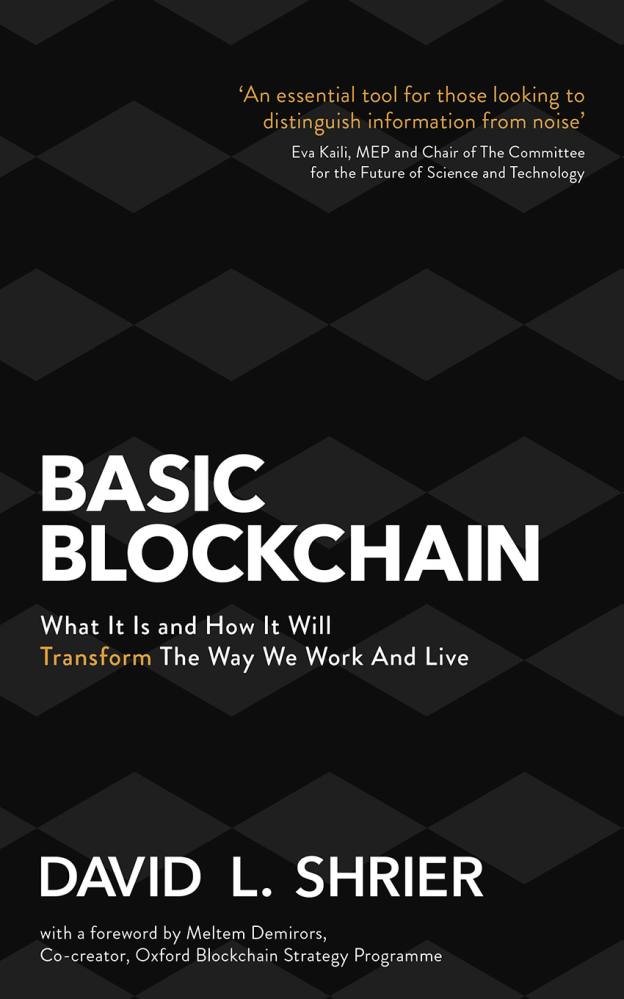
David Shrier's book Basic Blockchain: What It Is and How It Will Transform the Way We Work and Live sets out to answer the very questions in its title.
Mr Shrier answers the ‘what’ question well, but with unnecessary caveats in his technical explanation.
He starts from first principles of trust and blocks, introducing the construct of the Merkle tree.
His section on economic value gives a clear description on how the network is incentivised and how scarcity is put into the bitcoin system to increase its value.
These foundation chapters are full of good, solid facts about the ‘how it works’, but would benefit from expanding the limitations and variations of blockchain and looking into where it interfaces with the real world.
The excursions into historic references in the book are bearable, and while they provide interesting context, they are sometimes convoluted and detract from the flow of the text.
Meanwhile, Mr Shrier does not really explore the human aspect of blockchain. Although he explains the trust mechanism well, he does not connect this with the need for people to define the mechanisms and, for blockchain to take hold, people must be persuaded to trust something that is not human.
I think that trusting such a hyped non-human mechanism will be one of the biggest barriers for the future.
My biggest gripe with this book is the author’s core assertion that blockchain is born out of mistrust of banks following the financial crisis.
There may have been lack of trust in financial institutions but that did not translate into mistrust in currencies, at least not western currencies.
The fundamental concern at that time was with what the banks may do with money, not the money itself.
Stepping beyond the basics, the section on hype and adoption is clear, if too short.
Mr Shrier follows this with a bugbear of mine when he asks: “What can I use blockchain for?” – rather than the more relevant question: “What can blockchain solve for me?”
However, the exploration of regulations in the section is really useful. The remainder of the book is filled with a mixture of both relevant and tenuous ideas and concepts.
Overall, Basic Blockchain works well as a starter book.
It has everything there to give a grounding to the subject, but overstates the future importance of blockchain and does not explore the human side of its adoption, leaving the reader with many more questions.
Michael James is technology consulting director at Altus
Basic Blockchain by David Shrier
Published by Little Brown






